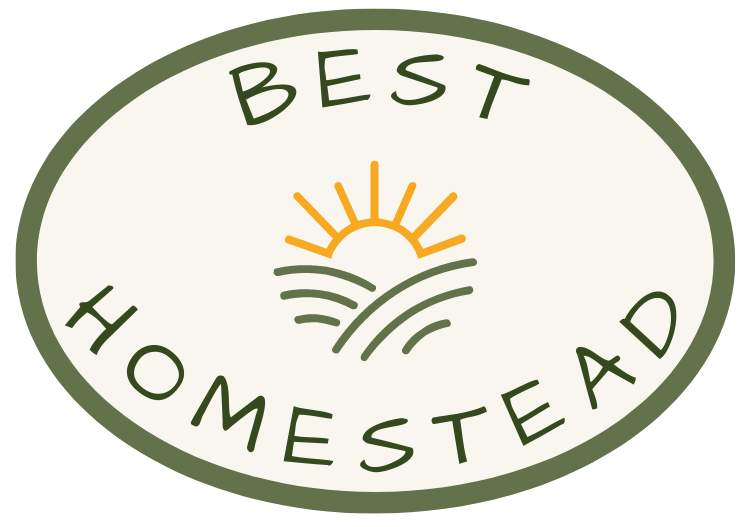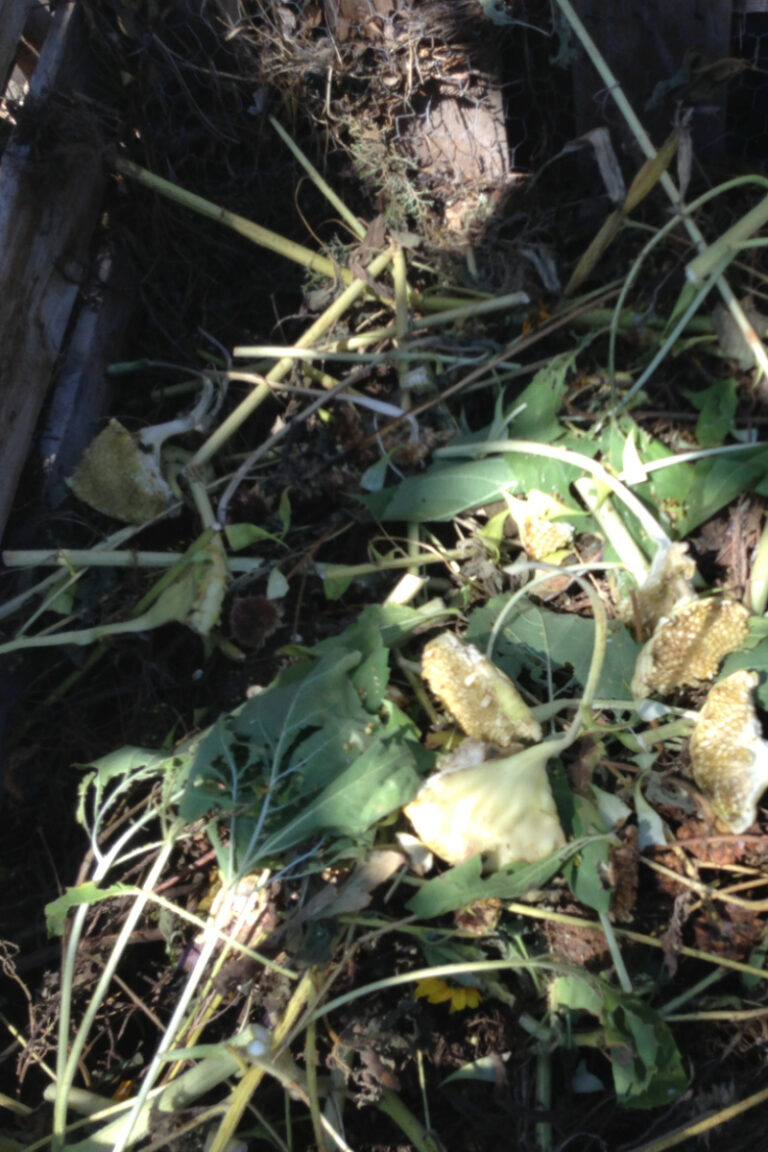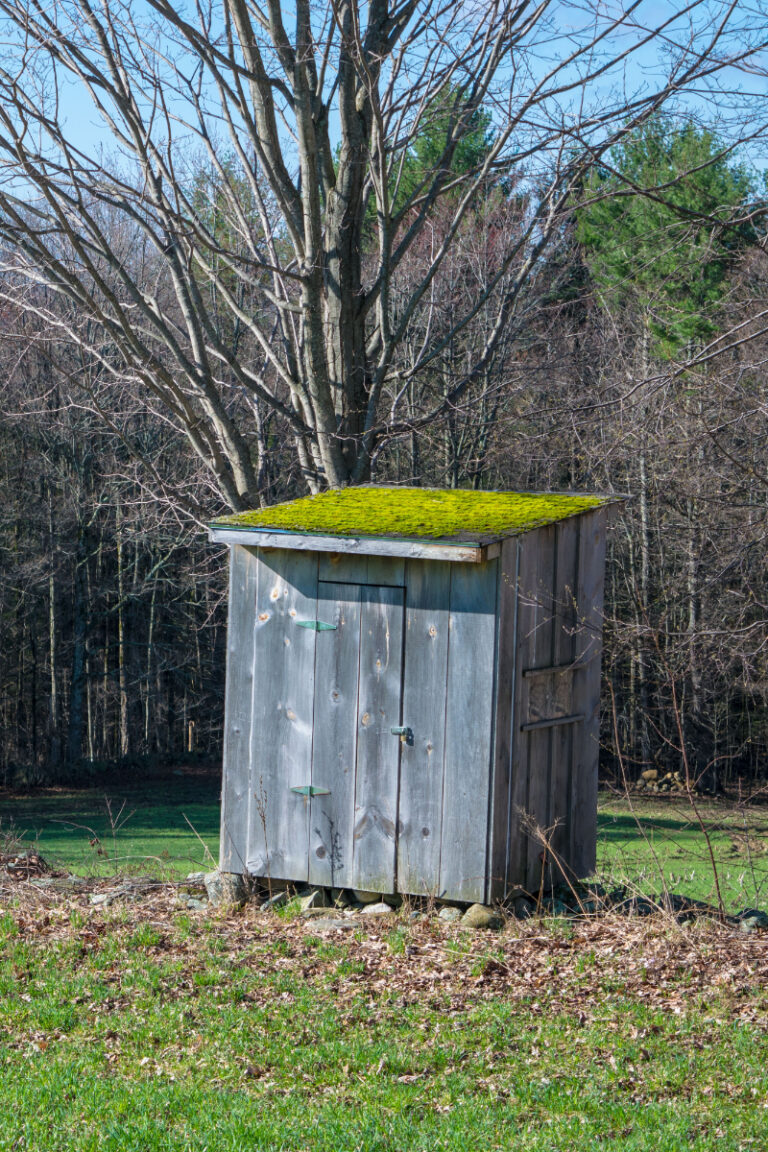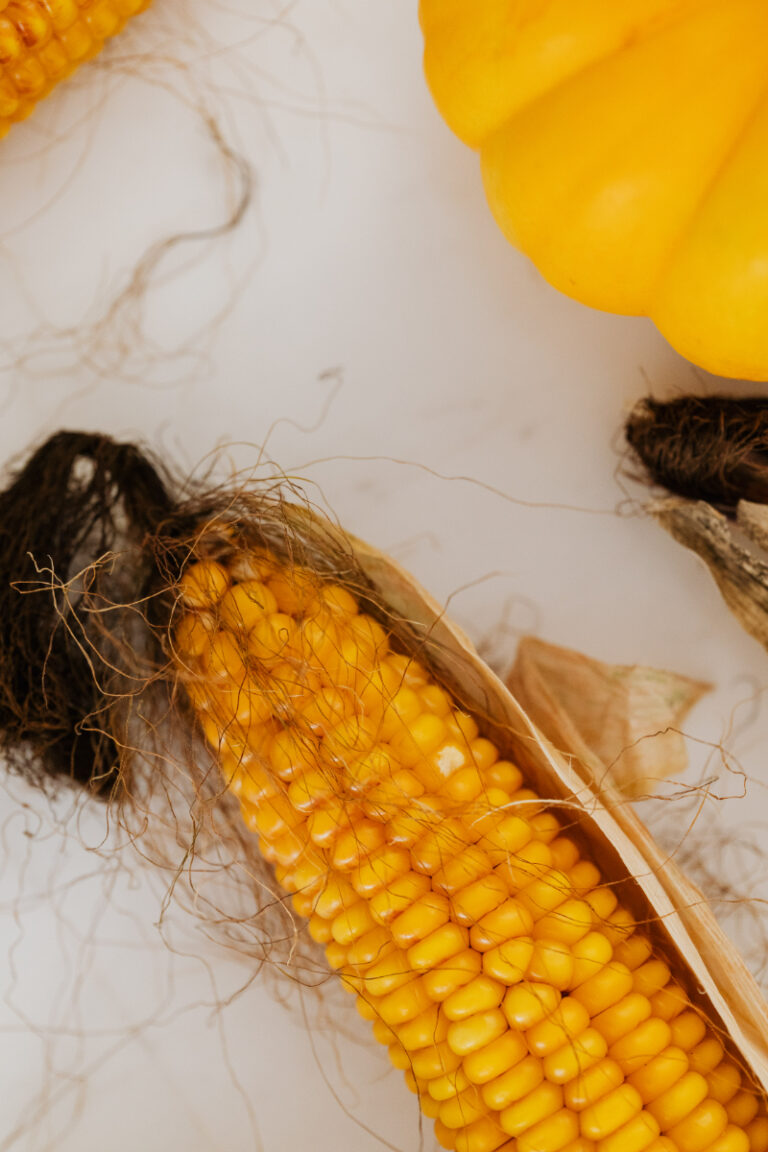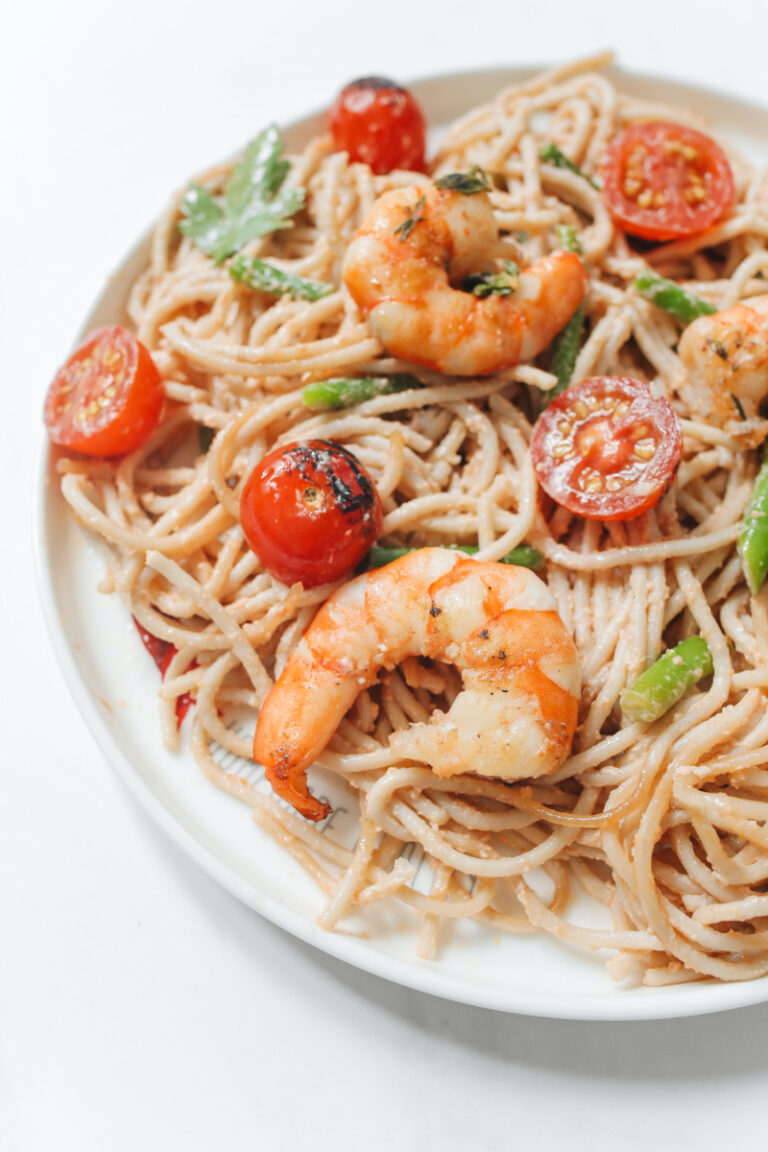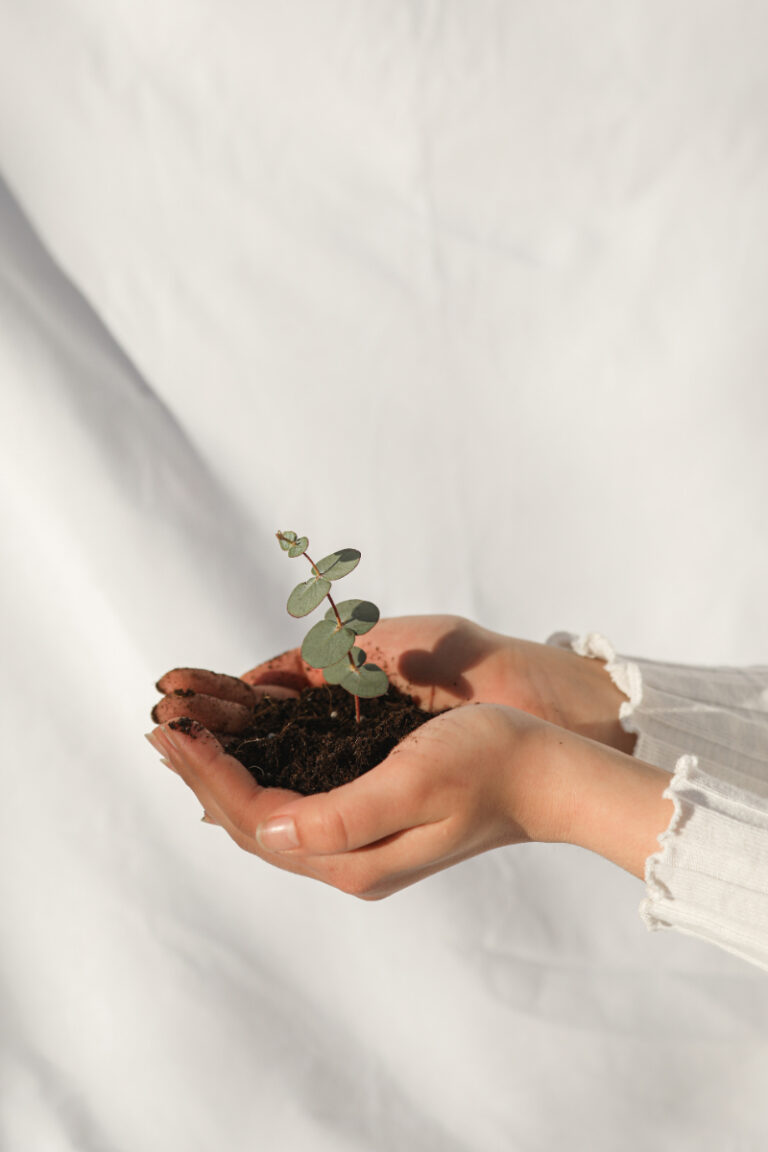Weighing Composting Pros and Cons: The Ultimate Debate
Composting is a natural process that transforms organic material, such as kitchen and yard waste, into nutrient-rich soil conditioner.
It’s a way to reduce the amount of garbage we send to landfills while providing numerous benefits to our gardens and the environment. However, like any other process, composting has its pros and cons.
This article aims to provide a balanced view of composting, discussing both its advantages and potential drawbacks. Understanding these aspects will help us make informed decisions about whether or not to incorporate composting into our daily lives.
Pros and Cons of Composting
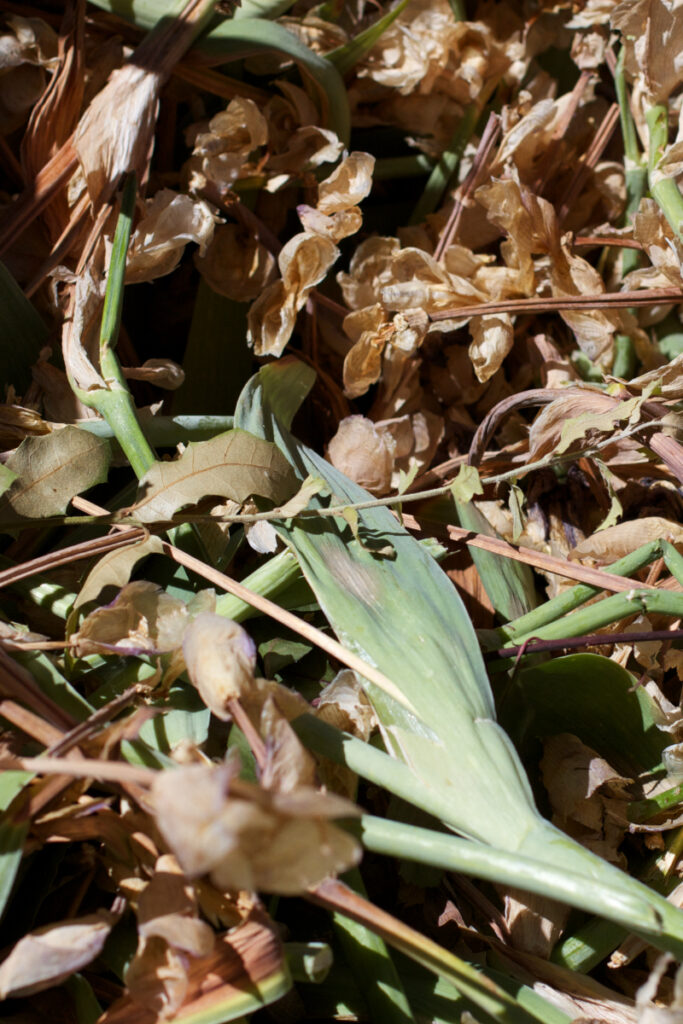
Understanding Composting
Composting is a process that involves the decomposition of organic materials, typically plant matter and food scraps, to create a nutrient-rich, soil-like substance known as compost.
The process is facilitated by microorganisms such as bacteria and fungi, along with larger creatures like worms and insects, all of which break down the materials into simpler organic compounds.
The composting process begins by collecting suitable organic waste. This can include items such as fruit and vegetable peels, coffee grounds, eggshells, grass cuttings, and fallen leaves.
It’s important to maintain a good balance of ‘green’ waste (which is high in nitrogen and includes items like vegetable peels and grass clippings) and ‘brown’ waste (which is high in carbon and includes items like dried leaves and newspaper).
Once collected, these materials are typically placed in a dedicated compost bin or pile. Over time, and with regular turning to introduce oxygen, the material breaks down. The resulting compost is a rich, dark, crumbly substance that is excellent for improving soil quality.
Composting is an effective way to recycle organic waste, reducing the amount that ends up in landfills, where it might produce methane, a potent greenhouse gas. Additionally, compost serves as a powerful soil conditioner, enriching the soil with nutrients and boosting its ability to retain moisture.
However, composting isn’t without its challenges. It requires regular attention and maintenance, including turning the compost pile and balancing the types of waste included.
It can also produce unpleasant odors if not properly managed and attract pests. Despite these potential downsides, many people find composting a rewarding and environmentally-friendly activity.
Pros of Composting
Enriches Soil
Composting is a fantastic way to enrich your garden soil. The organic matter in compost provides essential nutrients that plants need to grow, such as nitrogen, phosphorus, and potassium. Additionally, it improves the soil structure, enhancing its ability to retain water and allowing plant roots to penetrate more easily.
Reduces Landfill Waste
One of the significant advantages of composting is its potential to reduce the amount of waste that ends up in landfills. According to the Environmental Protection Agency (EPA), food scraps and yard waste make up more than 28% of what we throw away. By composting these materials, we can divert a substantial portion of our waste from landfills.
Mitigates Climate Change
Composting plays an essential role in mitigating climate change. When organic waste decomposes in landfills, it produces methane, a greenhouse gas that’s many times more potent than carbon dioxide. Composting prevents this from happening by providing an environment where the waste can decompose without producing methane.
Saves Money
Composting can also save you money. Instead of purchasing commercial fertilizers for your garden, you can use compost, which you can produce for free from your kitchen and yard waste. Moreover, composting reduces the need for more frequent garbage pickups or larger bins, potentially saving you on waste disposal fees.
Cons of Composting
While composting has many benefits, it’s important to also consider its potential drawbacks.
Requires Time and Effort
Composting is not a process you can set up and forget. It requires regular attention and maintenance. This includes turning the compost pile to ensure that air circulates evenly, which aids the decomposition process. The balance of ‘green’ and ‘brown’ materials also needs to be monitored to maintain a healthy compost pile. For some people, this may be too time-consuming or labor-intensive.
Potential for Odor and Pests
If not managed properly, compost piles can produce unpleasant odors, which can be a nuisance, especially in urban or suburban settings. Additionally, compost piles may attract pests like rodents or insects if they contain certain types of food waste, such as meat or dairy products, or if they’re not covered correctly.
Need for Space
Composting requires space. This could be a problem for those living in apartments or homes with small yards. While smaller indoor compost bins are available, they have limited capacity and may not meet the needs of larger households.
May Not Be Suitable for All Types of Waste
Not all types of organic waste can be composted. Meat, dairy products, diseased plants, and pet waste, for example, should not be added to a compost pile because they can create odors, attract pests, or spread disease.
Conclusion
Composting is an eco-friendly practice with numerous benefits, including enriching soil, reducing landfill waste, mitigating climate change, and saving money. It’s a sustainable way to recycle organic waste, turning what might otherwise be trash into a valuable resource for our gardens.
However, as with any practice, composting has its challenges. It requires time, effort, and space, and it may not be suitable for all types of waste. Unpleasant odors and pests can also become issues if the compost pile isn’t properly managed.
Despite these potential drawbacks, the benefits of composting are significant. For those willing to invest the time and effort, composting can be an effective tool in reducing waste and promoting a more sustainable lifestyle.
In the end, whether or not composting is right for you will depend on your specific circumstances – including your available time, space, and commitment to sustainability. However, by understanding both the pros and cons of composting, you can make an informed decision that best suits your needs and contributes to a healthier planet.
